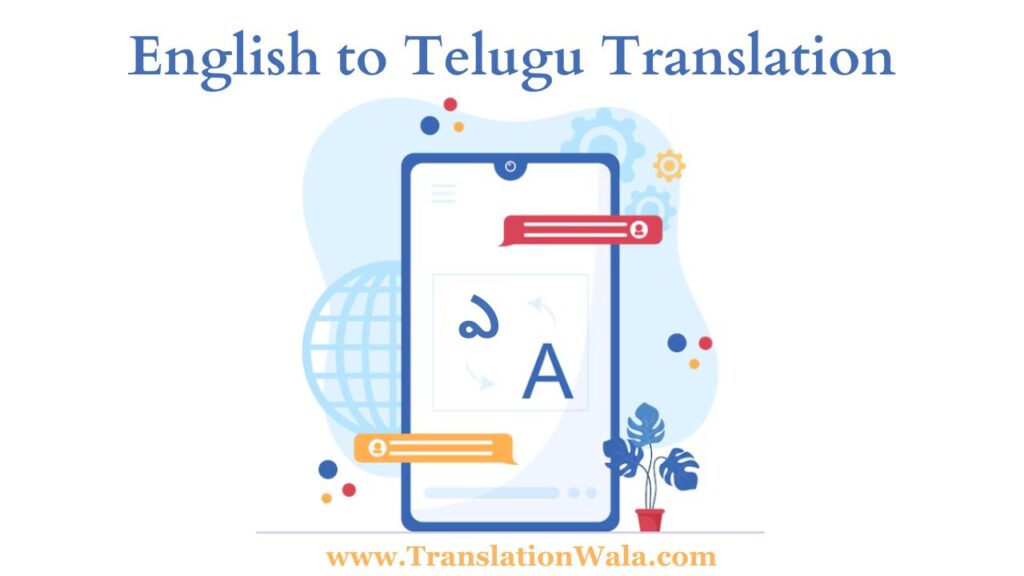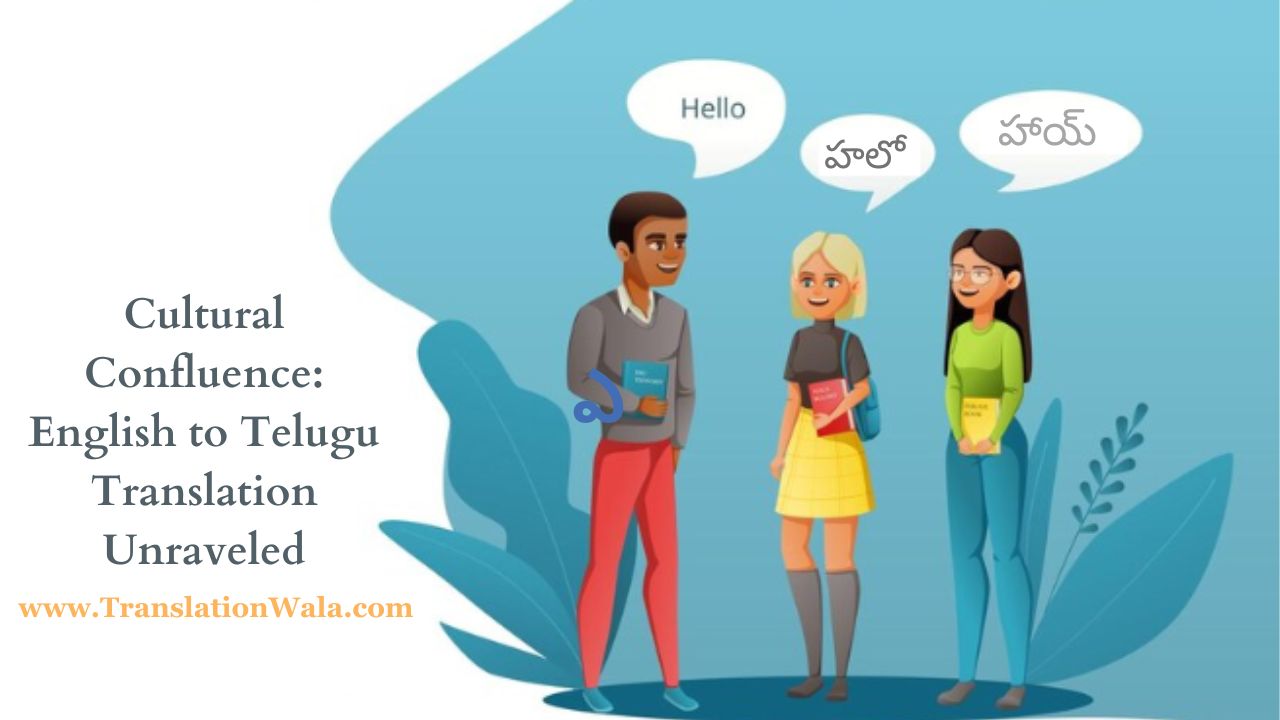There are many beautiful languages spoken on the Indian region. Each one has a long past and is important to the culture. One of these is English to Telugu translation, which is important because it connects a world language with a deeply rooted regional tongue. This blog goes into great detail about how this translation process works and how cultural differences affect how meaning moves between these two very different worlds.
A Legacy of Borrowing
Over 80 million people speak Telugu around the world, and the language has a long and famous literature history. Its language has a long history, and over the years, words from Sanskrit, Prakrit, Urdu, and Persian have been naturally added to it. When the British Raj came to India in the 18th century, it started a new era of sharing cultures. English words started to show up in Telugu, mostly ones that had to do with government, the law, and technology. It became normal to use words like “collector” (Collector), “station” (Steyshan), and “hospital” (Haspital), which showed how things were under colonial rule.
The Art of Transcreation: Beyond Word-for- Word Substitution
English to Telugu translation is more than just replacing words with their equivalents. They use it as an art form and a way to change cultures. The translator has to deal with small culture differences to make sure the translated text makes sense to people who speak Telugu. This is where the magic takes place:
- Semantic Equivalence: It can be hard to find words in Telugu that mean the same thing as English words. Translators often use contextualization to explain ideas in a way that fits with how people in Telugu culture understand them. A term like “loka rajyam” (rule of the people) could be used to translate the word “democracy” to get across the main idea.
- Idioms and Proverbs: The English language is full of idioms that don’t have clear translations in Telugu. A good translator brings the translation to life by using Telugu proverbs or metaphors that mean the same thing in English. If you want to translate “it’s raining cats and dogs,” you could use the saying “Aadayaalu putti gatti gatti varsh (Aadayaalu putti gatti gatti varshishtanga)” instead. It really does describe how hard it’s raining.
- Respectful Nuances: In Telugu, as in many other Indian languages, there are honorifics that are used to talk to older people or people in charge. If you want to keep the right amount of respect in Telugu when translating a relaxed chat into English, you might need to add these honorifics.
Also Read: Unlock Communication: Seamless English to Kannada Translation Services

Challenges and Considerations: Nuance, Evolution, and Accuracy
There are some things that can go wrong when English to Telugu Translation:
- Loss in Nuance: There may not be direct translations for some culture ideas. For example, humor can be unique to a certain culture. If you convert an English joke word-for-word into Telugu, it might not be as funny. The translator has to think of creative ways to keep the humor’s spirit.
- Evolving Languages: English and Telugu are both always changing. As new words and phrases come out, translators need to keep up with the latest language trends to make sure their work is accurate and up-to-date.
Accuracy Across Domains: The need for accurate translation extends to various fields:
- Literature: Translating books into Telugu lets people read a wide range of works from around the world. When they interpret a work, they have to make sure that it keeps the author’s voice and creative value.
- Education: Students can learn in their own language with the help of educational tools that have been turned into Telugu. When translating this way, accuracy and clarity are very important.
- Media and Entertainment: To help people who don’t speak Telugu understand movies, TV shows, and news stories, they are converted. The translation has to change the words so they are more fitting for the target culture while keeping the original meaning.
The Future of English to Telugu Translation: Humans and Machines in Harmony
The way technology changes will affect the future of English to Telugu Translation. Even though machine translation tools are getting better, they still have trouble understanding the subtleties of human language and cultural context. Human translators will still be very important because they know a lot about both languages and cultures. As technology improves, working together between people and computers could make translators even more accurate and sensitive to different cultures.
In conclusion
Going from English to Telugu is a fun process that gets people from two different cultures together. There should always be a mix between telling the truth, coming up with new ideas, and being aware of other cultures. Expert interpreters who can handle all of these problems will be in higher demand as the world gets smaller. Because they work hard, they make sure that the rich weave of human speech keeps growing.



